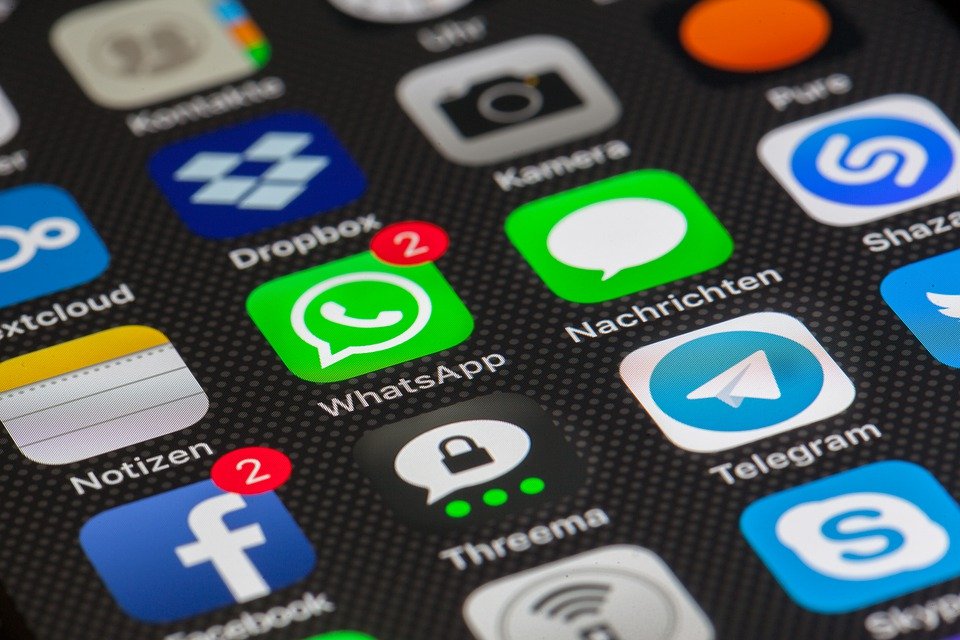
There are several ways mobile apps are transforming the healthcare industry. According to recent data, the global digital healthcare market is projected to grow over 25% annually through 2026. With technological innovations rapidly evolving, doctors are using mobile applications to assist with patient care. Indeed, nearly 80% of physicians currently use their mobile devices to streamline day-to-day health practices. Simultaneously, patients are using health apps to improve their lifestyles. As a medical professional, you need to know how mobile apps are transforming the healthcare industry. This way, you can implement the latest tech innovations to upgrade your practice. Read on to learn about how mobile apps are transforming the healthcare industry.
Increasing Access To Medical Services
First, healthcare mobile applications are increasing access to medical services. For example, many healthcare apps can connect patients with pre-qualified medical professionals. Often, these individuals can provide consultations for non-life-threatening health issues. For many patients, this eliminates wait time and travel time while improving quality of life. Simultaneously, patients do not need to worry about rescheduling delaying access to the service they need. Some healthcare apps can even connect patients to doctors in real-time through a video telehealth appointment. This way, patients can still receive a consultation. Depending on their condition, the doctor can also prescribe medication as needed. Absolutely, healthcare mobile apps are increasing patients' access to medical services.
Facilitating Easy Bill Payment
Next, mobile healthcare apps also facilitate easy bill payment. Indeed, many applications allow patients to pay for their medications, consultations, and medical services directly in the app. This way, patients do not need to wait in long lines at a clinic or doctor's office to pay for their services. In addition, some apps offer different payment plans to pay bills immediately. Alternatively, patients can set a reminder to get notified when a bill is due. With the latest mobile tech innovations, these applications are also increasing security for transactions. For example, many top development agencies build apps with a comprehensive Container registry. Notably, this tool is highly reliable to support code repositories. Definitely, mobile health apps streamline bill payment through secure, convenient transactions.
Improving Coordination
In addition, mobile healthcare apps are also improving communication in the doctor's office. For example, many doctors are using custom software to communicate with their hospital staff. In many hospitals, this can streamline processes between different departments and labs. Additionally, many doctors are using mobile health apps to communicate directly with their patients. On these platforms, they can inform the patient about their prognosis. Often, they can prescribe medication as well. For the doctor, these applications can also notify them about their upcoming appointments. Then, they can notify hospital or office staff if any documents are needed from the patient. In short, mobile health apps are improving doctor and hospital communications.
Streamlining Medical Data Storage
Moreover, mobile health apps are also streamlining medical data storage. Indeed, some applications allow patients to input their information manually. Notably, some apps allow you to record information about diet, sleep, and exercise habits. This way, patients can accurately report to their doctor at their next visit. In addition, many wearable devices can collect health data on their own. For example, some connected applications for diabetes patients come with built-in features to monitor diet and sugar levels. This way, patients can have their medical history on-hand for their doctor's appointments. Of course, some apps can also store documents from medical visits as well. Then, patients can easily access their records as needed. Undoubtedly, mobile healthcare apps are streamlining medical data storage.
Allowing Remote Monitoring
Furthermore, mobile health applications also allow for remote monitoring. Indeed, some medical devices can connect directly to patients' mobile apps. For example, cardiac and pulmonary devices can collect key biometric data. Then, the device can send it directly to patients and doctors through the connected application. Importantly, these monitoring procedures can go a long way towards early symptom detection. Notably, some apps can identify if vitals are off. This way, patients can schedule a doctor's appointment promptly, before the symptom becomes an emergency situation. Certainly, mobile health apps allow remote monitoring to detect symptoms early and oversee existing conditions.
There are several ways mobile apps are transforming the healthcare industry. First, healthcare apps are increasing access to medical services. Next, many medical applications also facilitate easy bill payment. In addition, healthcare apps are also improving communication between doctors, staff, and patients. Moreover, health applications also streamline medical data storage. Furthermore, mobile health apps also allow for remote monitoring. Consider these points to learn about how mobile apps are transforming the healthcare industry.